Key Takeaways:
- Arizona Governor Katie Hobbs vetoed HB 2324, a bill proposing a Bitcoin and digital asset reserve fund sourced from criminal forfeitures.
- The bill faced pushback due to concerns it would reduce local law enforcement’s incentive to cooperate in crypto-related seizures.
- This marks the latest in a string of vetoes by Hobbs on crypto-focused legislation, raising questions about the state’s stance on digital asset integration.
Arizona’s efforts to establish a state-managed Bitcoin and digital asset reserve fund have hit a wall. On July 1, Governor Katie Hobbs vetoed House Bill 2324 (HB 2324), citing concerns that it could undermine cooperation between local law enforcement and state agencies in asset forfeiture cases involving cryptocurrencies.
This decision adds to a growing list of crypto-related bills rejected by the governor, signaling a cautious—if not skeptical—approach toward digital asset policy in Arizona.

Read More: Arizona Moves Closer to Holding Bitcoin Reserves as Senate Revives Controversial Bill
Arizona’s HB 2324: A Bold Vision Cut Short
HB 2324 aimed to create a “Bitcoin and Digital Assets Reserve Fund” within the Arizona State Treasury. The fund would consist solely of cryptocurrencies seized in criminal investigations. The proposed bill passed both the state Senate and House, with a 34–22 vote in the latter, before being struck down at the governor’s desk.
The Breakdown of the Fund’s Distribution Structure
Under HB 2324, the first $300,000 in proceeds from any sale of seized crypto would be funneled to the Arizona Attorney General’s Office. Any amount beyond that would be split:
- 50% to the Attorney General’s Office
- 25% to the state’s general fund
- 25% to the proposed reserve fund
Critics argued this model would dilute local agencies’ incentives by cutting them out of the distribution pipeline. Without a clear benefit, local law enforcement might deprioritize cooperation with state-level digital asset seizures.
Governor Hobbs’s Stance: A Consistent Pattern
Governor Hobbs cited jurisdictional complications and the potential to disincentivize law enforcement participation as key reasons for the veto. This isn’t the first time Hobbs has blocked crypto-related legislation.

Her veto history includes:
- Senate Bill 1025: Would have allowed up to 10% of Arizona’s treasury and pension funds to be invested in digital assets.
- Senate Bill 1373: Proposed the creation of a broader Digital Assets Strategic Reserve Fund.
- Senate Bill 1024: Sought to enable state agencies to accept cryptocurrency for tax payments, fees, and other financial obligations.
The only crypto-focused bill signed into law so far is HB 2749, which governs how Arizona treats unclaimed digital assets presumed to be abandoned, making the state the second in the U.S. (after New Hampshire) to address this niche regulatory issue.
Read More: Arizona Moves Closer to Crypto Milestone with Bitcoin Reserve Bills Approved by House
Why This Matters for Crypto in the U.S.
The failure of HB 2324 highlights broader challenges that state governments face when attempting to incorporate cryptocurrencies in the public financial sector. Though the bill’s central concept — putting whole digital assets seized by law enforcement to work in a public pool — has an inventive ring to it, the bill is also illustrative of the tension between progressive crypto policy and the way criminal justice funding has been traditionally organized.
In diverting some forfeiture proceeds from local law enforcement, the bill, ironically, produced enough opposition from constituencies critical to effective enforcement for easy repeal.
In addition, this case illustrates how crypto seizures are becoming more and more important in LE werk. As the seizure of virtual assets increasingly gains attention as part of illegal activity, how seized digital property should be handled, stored and spent remains a question for the states.
Crypto’s Legal Gray Zone in Seizures and Public Finance
There’s also the legal gray zone when it comes to managing seized crypto. While federal law enforcement agencies, such as the U.S. Marshals Service, have systems for storing and auctioning off confiscated digital assets, states are still developing protocols.
The establishment of a state-run reserve would also necessitate secure storage options, the abidance of federal anti-money laundering laws, and extensive internal controls servers. This complexity probably compounded the Governor’s concerns so that the veto was not just political and was logistical.
Looking Ahead: A Recalibrated Approach?
Even though HB 2324 is dead, the idea of using seized crypto for the public good may not have seen its last day since the process could have included more input from involved parties. Lawmakers could modify the bill to require that local enforcement receive a share of the proceeds, or could seek additional pilot programs prior to full implementation.
For now, the message from Arizona’s move is clear: Innovation on digital asset governance is welcome, as long as it’s consistent with law enforcement priorities, jurisdiction and operational scope.
The post Arizona Shuts Down Bitcoin Reserve Plan, Sparking Debate Over Seized Crypto Funds appeared first on CryptoNinjas.

You can get bonuses upto $100 FREE BONUS when you:
💰 Install these recommended apps:
💲 SocialGood - 100% Crypto Back on Everyday Shopping
💲 xPortal - The DeFi For The Next Billion
💲 CryptoTab Browser - Lightweight, fast, and ready to mine!
💰 Register on these recommended exchanges:
🟡 Binance🟡 Bitfinex🟡 Bitmart🟡 Bittrex🟡 Bitget
🟡 CoinEx🟡 Crypto.com🟡 Gate.io🟡 Huobi🟡 Kucoin.




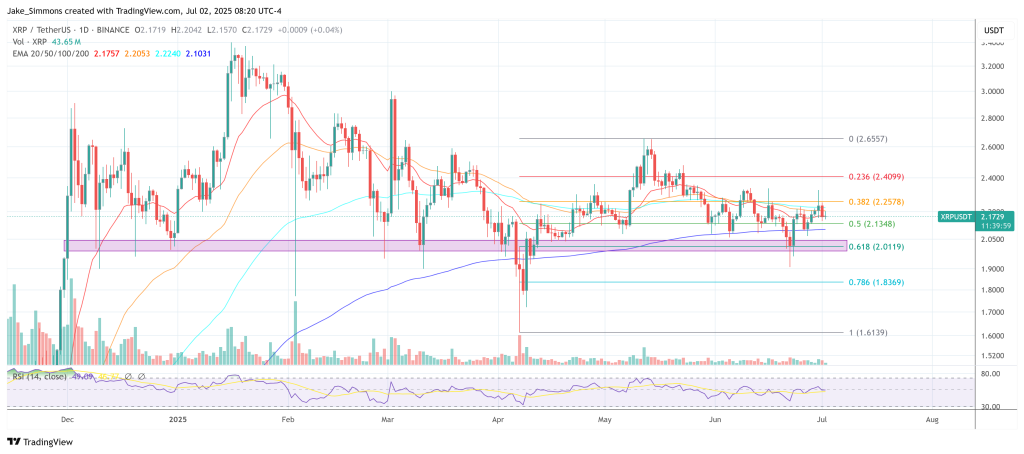




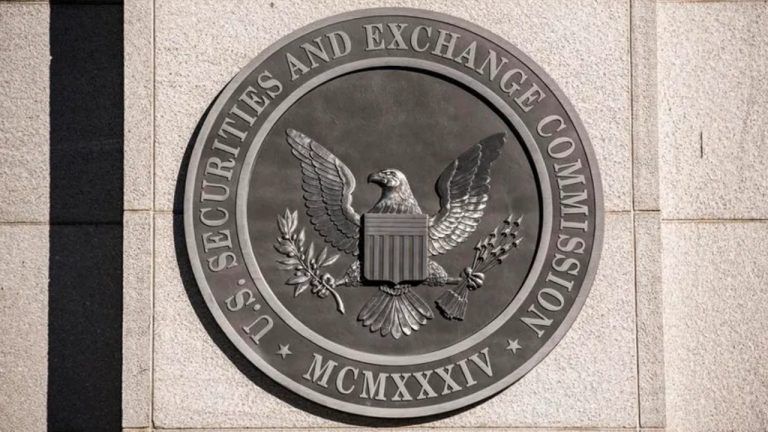



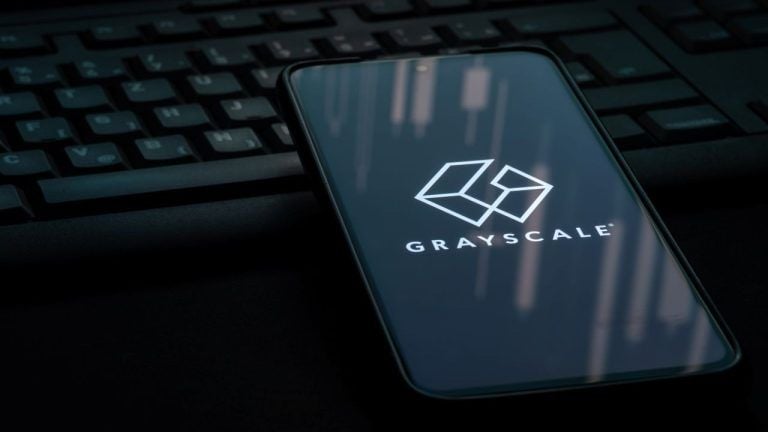

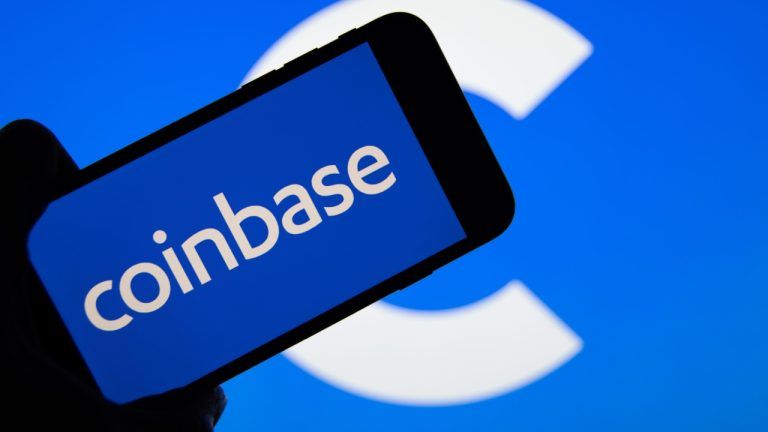

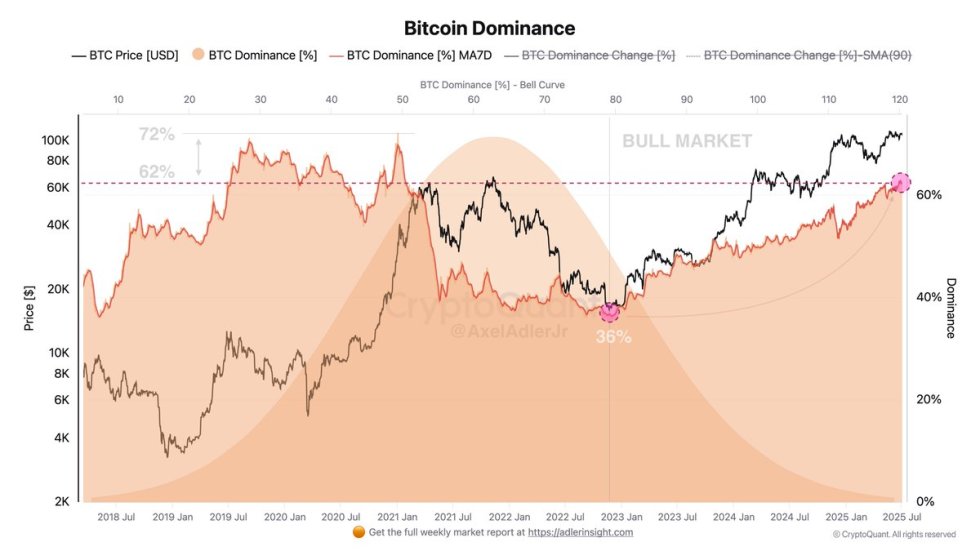


Comments